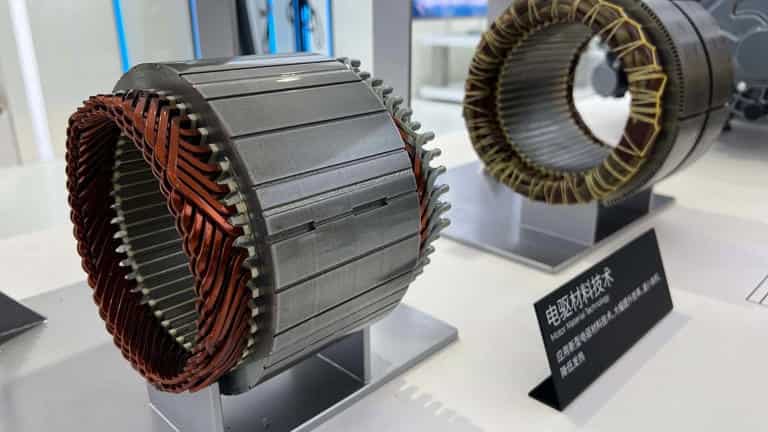Chemical recycling – EV-Batteries 02-05-2023 - Arhive
Chemical recycling – EV-Batteries
Petrochemicals – Caprolactam – PA
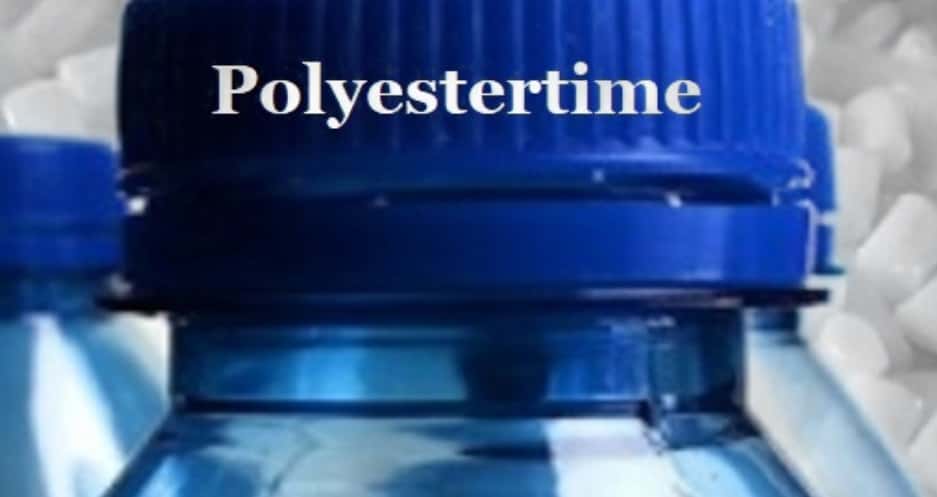
Crude Oil Prices Trend
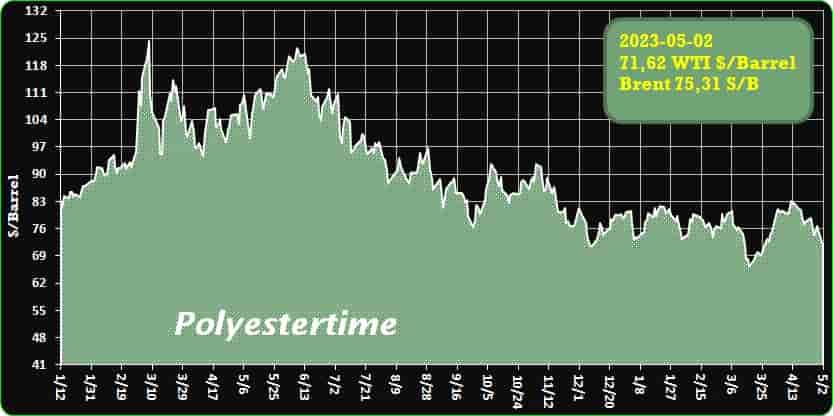
Crude Oil Prices Trend by Polyestertime
-Maire’s Nextchem acquires control of Catc, an innovative plastic chemical recycling technology
- CatC is a depolymerization technology which allows to recover high-purity monomers from sorted plastic waste
- Tested on PMMA (Plexiglass®), this innovative process is expected to be extended to other value-added plastics
- New strategic step for the expansion of NextChem’s technology portfolio in the energy transition
Further to the information released on 6 February 2023, Maire Tecnimont S.p.A. (“MAIRE”) announces that its subsidiary NextChem, within the Sustainable Technology Solutions business unit, hasacquireda51%stakeinMyRemonoS.r.l., a newly established company to which Biorenova S.p.A. transferred patents, assets, including a demonstration plant, and contracts related to CatC, aninnovativeplasticcatalyticdepolymerizationtechnology. CatC is a continuous chemical recycling process to recover monomers (building blocks for the plastic value chain) with ultra-high levels of purity from sorted plastic waste, particularly polymethylmethacrylate (PMMA, known as Plexiglass®). Chemical recycling – EV-Batteries
CatC technology’s first demonstration plant, with a processing capacity of approximately 1,600 tons of plastic waste per year, is operating in the Abruzzo region (central Italy) and monomer samples have been fully validated by perspective off-takers. The results achieved show that CatC provides a cost-effective, efficient (approximately 95% conversion rate) and competitive alternative to other existing depolymerization technologies for Plexiglass®, also considering that the obtained monomers can be reprocessed within a circular economy model.
MyRemono will build the first industrial plant with a processing capacity of up to approximately 5,000 tons per year, which is expected to start operations in the second half of 2025, when the commercial activities related to licensing, process engineering and critical equipment supply will also be launched.
Additionally, MyRemono intends to expand the application of CatC to other value-added plastics, including the depolymerization of polystyrene, a widely used plastic with numerous industrial applications from food packaging to electronics and automotive, among others. A further optimization of the technology could allow to address the even larger polyolefins market. Chemical recycling – EV-Batteries
This acquisition adds another important piece to the execution of MAIRE’s strategy, which identifies the expansion of the sustainable technological portfolio belonging to NextChem as a key growth driver in the next 10 years.
The purchase price for the 51% stake acquired by NextChem is €6.12 million, of which €4.12 million paid upfront and €2.0 million payable within 36 months subject to certain conditions. On today’s date, NextChem and Biorenova have also executed a share capital increase of MyRemono for an amount of €2.2 million and have signed a shareholder loan agreement for additional €2.0 million to be funded within 12 months in order to support the expected investments, including the construction of the industrial plant.
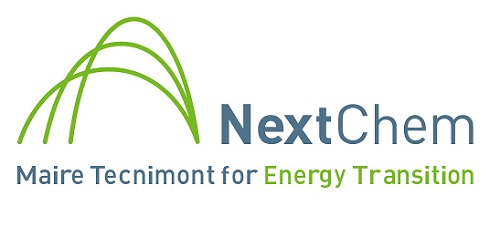
-Asahi Kasei and Microwave Chemical demonstrates project for chemical recycling of polyamide 66
Asahi Kasei and Microwave Chemical launched a joint demonstration project in April 2023 with the objective of commercializing a chemical recycling process for polyamide 66 using microwave technology, said Hydrocarbonprocessing. Chemical recycling – EV-Batteries
The process utilizes microwaves to depolymerize PA66 and directly obtain the monomers hexamethylenediamine (HMD) and adipic acid (ADA), which is expected to be accomplished at high yield with low energy consumption. The monomers obtained can then be used to manufacture new PA66. In the demonstration, scraps from manufacturing and post-use waste material of PA66 for airbags and automobile parts are depolymerized.
Asahi Kasei produces fossil fuel–derived hexamethylenediamine (HMD) and adipic acid (ADA) as intermediates to manufacture Leona PA66, an engineering plastic featuring outstanding heat resistance and rigidity. PA66 is used in various applications, including plastic parts for automotive and electronic products, and yarn for airbag fabric, and its demand is expected to increase worldwide.
As the world moves toward carbon neutrality, attention is increasingly focused on manufacturing processes for reducing greenhouse gas (GHG) emissions from chemical products derived from fossil fuels. Microwave Chemical is promoting technological and business development to achieve carbon neutrality in the industrial sector focused on process development using microwaves, which can directly and selectively heat target substances with high energy efficiency. For chemical recycling, Microwave Chemical is advancing its proprietary PlaWave technology platform for decomposing plastic using microwaves. Chemical recycling – EV-Batteries
Through development combining Asahi Kasei’s experience in manufacturing HMD and ADA for more than half a century together with Microwave Chemical’s achievements in the industrialization of microwave technology, the two companies aim to commercialize a manufacturing process for PA66 that can reduce GHG emissions compared to the conventional manufacturing process.
Laboratory-scale studies that began in fiscal 2021 have confirmed the high-yield depolymerization of PA66 using microwaves, as well as the principle of the separation and purification process after depolymerization. Bench-scale equipment will now be assembled at Microwave Chemical’s Osaka Factory by the end of fiscal 2023, and a small-scale demonstration trial using this equipment will be performed in fiscal 2024 to collect basic process data for commercialization.
Microwave Chemical’s PlaWave technology platform for decomposing plastic using microwaves can depolymerize PA66 with low energy and obtain HMD and ADA monomers in high yield. The manufacturing process for PA66 using HMD and ADA obtained by depolymerization with this technology is expected to reduce GHG emissions compared to the conventional PA66 manufacturing process, while further reduction of GHG emissions may be achieved by the use of renewable energy for the power required to generate the microwaves. Chemical recycling – EV-Batteries
By verifying the process from depolymerization to separation and purification in an integrated manner, this demonstration project aims to enable resource circulation of PA66 for further reduction of GHG emissions.
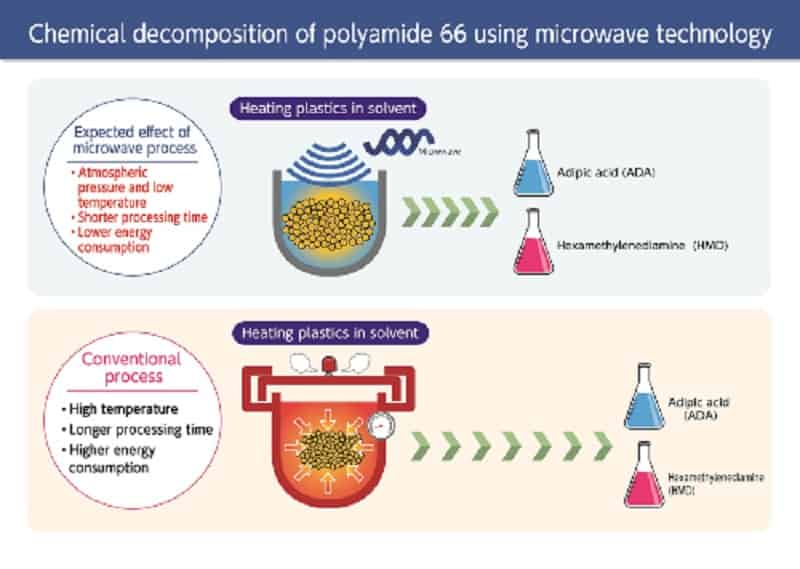
-W.R. Grace announces PP plant startups and license awards in China
W.R. Grace & Co announced the start-up of a 500,000-tpy polypropylene (PP) reactor line by PetroChina GuangDong PetroChemical Company, a subsidiary of PetroChina Group, the world’s second-largest petroleum company. The plant will produce homopolymer, random copolymer, and impact copolymer PP resins, catering to the growing demand for high-quality PP resins in the Chinese market.
This marks the fourth UNIPOL PP technology plant start-up for PetroChina, which includes PetroChina Guangxi (200,000 tpy), PetroChina Fushun (300,000 tpy) and PetroChina Sichuan (450,000 tpy).
The combination of Grace’s PP process design with the CONSISTA catalyst system provided a reaction within minutes after the catalyst was injected, a benefit of UNIPOL PP technology.
In China, this is the largest UNIPOL PP technology single-extruder reactor line. The successful start-up further underscores UNIPOL PP technology’s strong reputation in the country. Chemical recycling – EV-Batteries
“Grace is honored to have been chosen once again by PetroChina for this groundbreaking project,” said Laura Schwinn, President of Grace’s Specialty Catalysts business. “The successful start-up of the 500,000-tpy reactor line is a testament to Grace’s expertise and commitment to delivering innovative solutions that meet the needs of our customers around the world.”
Grace has been at the forefront of PP catalyst technology for more than 50 years, and the company’s UNIPOL PP technology is widely recognized as one of the most advanced and reliable processes in the industry. PetroChina GuangDong selected Grace as its partner due to its broad catalyst and product capabilities, advanced PP technology and robust production.
Grace also announced the successful start-up of two additional PP reactor lines in China by Dongguan Grand Resource Science & Technology Co., Ltd.
This is the second plant for Dongguan Grand Resource using UNIPOL PP technology and will add 600,000-tpy of PP resin capacity and increase its total nameplate capacity to 1.2 MM tpy. Chemical recycling – EV-Batteries
The two reactor lines started up seamlessly within 30 days of each other, which exemplifies the technology’s ease of commissioning. In addition, Dongguan Grand Resource is utilizing Grace’s CONSISTA catalysts in both of its UNIPOL PP technology lines. By combining UNIPOL PP process technology with CONSISTA catalyst systems, Dongguan Grand Resource is producing material of high quality, efficiently and consistently.
Grace has also announced a new license with PetroChina Guangxi Petrochemical Company to develop a 400,000-tpy single reactor line using its UNIPOL PP technology. The anticipated startup is in 2026.
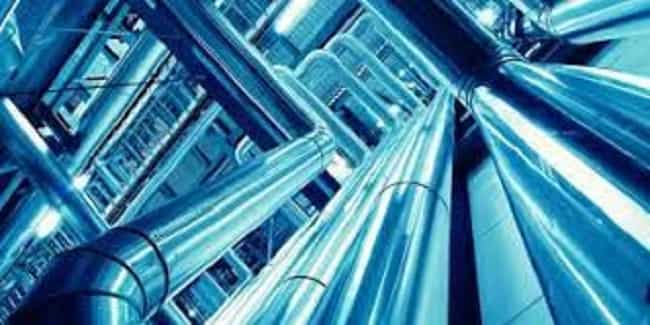
-Evonik expands plasticizer portfolio with ELATUR® TM
With its product ELATUR® TM, Evonik is launching another latest-generation innovative plasticizer.
ELATUR® TM impresses with outstanding technical properties
Suitable for demanding applications such as high-temperature cables as well as high-quality interior fittings Chemical recycling – EV-Batteries
Technical product information available on the new myFLEXINO® customer portal
Marl (Germany). With its product ELATUR® TM, Evonik is launching another latest-generation innovative plasticizer, a year after the last product launch. The new specialty product belongs to the trimellitate group and is characterized by a combination of much sought-after properties: high temperature resistance, low volatility, and low migration behavior.
ELATUR® TM makes a significant contribution to the durability, safety and reliability of the products made from it. These include, for example, high-temperature cables, dashboards, car seats and steering wheel trim in vehicle interiors.
“The portfolio expansion is in line with our expansion strategy with the latest generation of isononanol (INA)-based plasticizers,” explains Roland Pietz, market segment head for oxo-alcohols and plasticizers at Evonik Performance Intermediates.
Sara Raschke, marketing manager, adds, “With ELATUR® TM, we are meeting market- and customer-specific requirements and helping to improve our customers’ competitiveness.”
The new myFLEXINO® customer portal provides, among other things, all relevant technical documents, supplementary information, as well as videos on the new specialty plasticizer. Chemical recycling – EV-Batteries
Samples can also be requested via the interactive online platform.
ELATUR® TM is delivered to the customer in tank trucks and ISO containers. For the market launch, smaller packaging units are also available on request.
The most recent product launched by Evonik was the plasticizer ELATUR® DINCD, at the beginning of 2022. The product portfolio also includes the products VESTINOL® 9, ELATUR® CH and ELATUR® DPT.

-Catl has developed a new “condensed” battery that could revolutionize the electric vehicle industry.
With an energy density of up to 500 Wh/kg, the new technology promises to double the range of electric cars by significantly reducing the weight of the battery.
The battery integrates several cutting-edge technologies, ensuring both excellent charging and discharging performance and maximum safety.
Catl is currently collaborating with partners to develop electric passenger planes and conduct aeronautical-level tests in compliance with aviation industry safety and quality requirements. Chemical recycling – EV-Batteries
The automotive version of the condensed battery is expected to be ready for mass production later this year.
This breakthrough technology is part of Catl’s wider technological roadmap for batteries, which includes the development of sodium-ion batteries and the production of the Qilin battery with the world’s highest integration efficiency.
The launch of condensed batteries will usher in a new era of electrification for the transport sector, opening up further development possibilities and contributing to the achievement of global carbon neutrality goals.
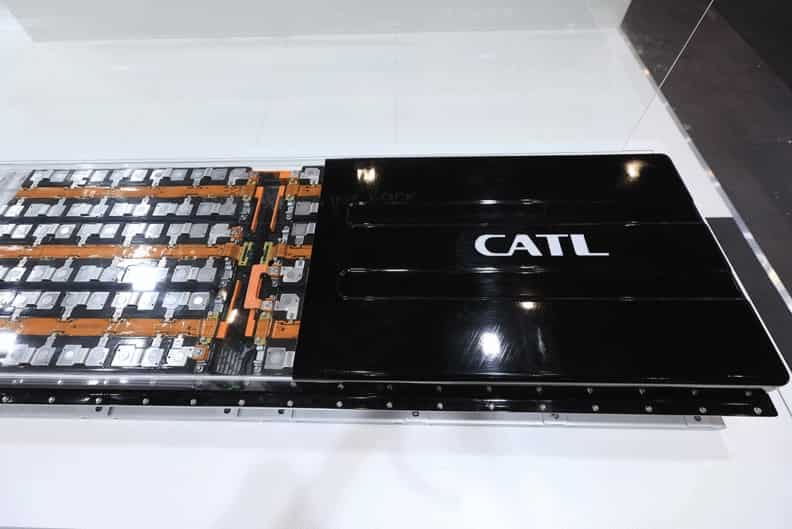
-Rare earths are not used for making batteries in electric cars, but for making magnets in electric motors.
The term “rare earths” refers to 17 specific chemical elements, including scandium, yttrium, and the 15 elements known as lanthanides. Chemical recycling – EV-Batteries
Rare earths are found in ores in low concentrations and are difficult to extract and refine. They are divided into three groups based on their atomic number.
In electric cars, rare earths are used to make magnets that power the electric motor.
The magnets use elements such as neodymium, samarium, terbium, or dysprosium. Magnets that use rare earths are the most powerful, and they can produce magnetic fields higher than 1.6 Tesla, which is why they are used for electric cars.
The most common magnets are made of neodymium, iron, and boron (NdFeB) or samarium and cobalt (SmCo).
To reduce costs and the environmental impact of magnet production, many companies are working to eliminate rare earths from the electric motors of the future.
Tesla and other companies are using technological advances to create similar performance with different formulas. Chemical recycling – EV-Batteries
Researchers at the Critical Materials Institute are working on magnets with manganese and bismuth (MnBi) with a special structure that can increase performance as the temperature rises.
